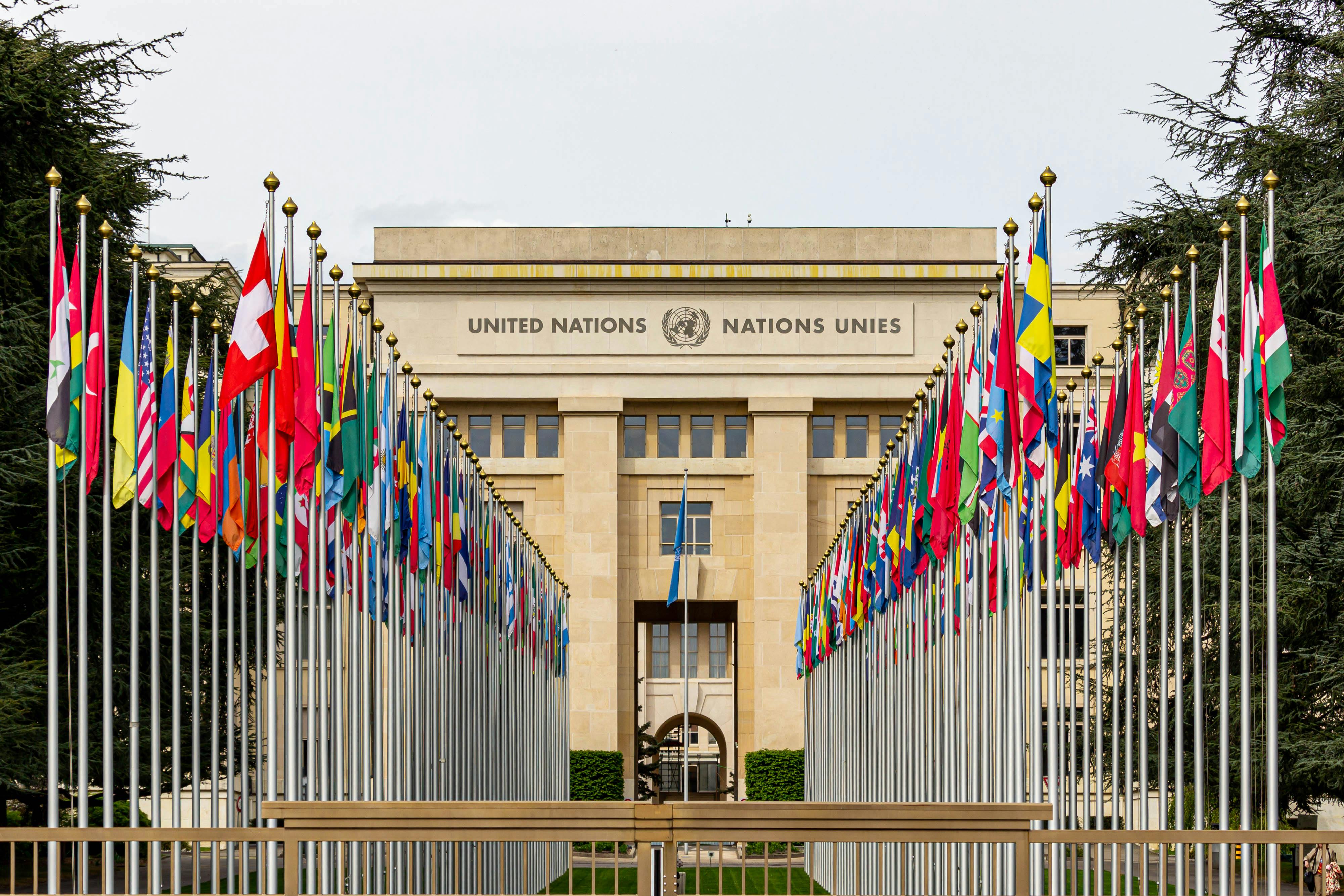Diplomatic Twist: Russia Backs US-Led Ukraine Resolution At United Nations

The United Nations Security Council recently witnessed a surprising diplomatic development: Russia backed a US-led resolution calling for a swift end to the ongoing Ukraine conflict. This unexpected alignment between two global rivals has raised eyebrows, signaling potential shifts in international diplomacy while exposing cracks in Western unity.
Background of the Ukraine Conflict
The war in Ukraine began in February 2022 when Russia launched a full-scale invasion, sparking global condemnation and extensive sanctions from Western nations. The US and its allies have since supported Ukraine with military aid and diplomatic backing, while Russia has sought to assert its strategic interests in the region. The UN, meanwhile, has repeatedly called for ceasefires and humanitarian relief, though previous resolutions often faced Russian vetoes. The latest resolution marks a rare instance of convergence between Washington and Moscow within the Security Council.
The UN Security Council Resolution
The resolution, passed with broad support, emphasizes the need for a “swift end” to hostilities and underscores the importance of respecting Ukraine’s sovereignty and territorial integrity. It also calls for intensified diplomatic efforts to achieve a sustainable peace. The proposal was introduced by the United States and unexpectedly gained Russian backing, reflecting a nuanced shift in diplomatic postures. The voting process saw most Security Council members in favor, though some abstained, citing concerns about the resolution’s wording and implications.
Russia’s Backing: A Diplomatic Surprise
Russia’s decision to support the US-led measure was unexpected, given its previous use of veto power to block similar resolutions. Analysts suggest that Moscow’s backing may be driven by strategic calculations, including the desire to appear open to diplomacy amid increasing battlefield challenges. Additionally, supporting the resolution allows Russia to shape the narrative around the conflict, portraying itself as a proponent of peace while maintaining its military objectives. Russian officials framed the vote as a gesture of goodwill, though skeptics question the sincerity of this stance.
US Strategic Goals and Motivations
For the United States, leading the resolution aligns with its broader goal of demonstrating global leadership in resolving the Ukraine conflict. By securing Russian support, Washington aims to increase diplomatic pressure on Moscow while reinforcing the international community’s demand for an end to the war. The move also reflects US efforts to maintain credibility within the UN, especially as divisions among Western allies become more apparent. Some observers suggest that the US sought Russian backing to prevent further diplomatic gridlock within the Security Council.
Impact on Western Unity
The resolution’s passage has highlighted growing fractures within the Western alliance. While the US, UK, and several European countries supported the measure, others expressed concerns that Russian involvement could undermine Ukraine’s position. Some NATO members worry that Moscow’s backing may signal a softening of international resolve, potentially weakening support for continued military aid to Kyiv. The European Union’s response was mixed, with some leaders emphasizing the need for sustained pressure on Russia, while others welcomed any step toward ending the conflict.
International Reactions and Implications
Ukraine’s government cautiously welcomed the resolution, viewing it as a positive step toward peace. However, Ukrainian officials stressed that any diplomatic solution must include the full withdrawal of Russian forces and the restoration of Ukraine’s territorial integrity. China, which has sought to position itself as a neutral mediator, praised the resolution as a sign of growing consensus within the UN. Developing nations, many of which have suffered economic fallout from the war, also expressed support, hoping that diplomatic progress could alleviate global food and energy crises.
Conclusion
Russia’s backing of a US-led resolution on Ukraine marks a significant diplomatic twist, with potential implications for both the conflict’s trajectory and global power dynamics. While the resolution’s call for a swift end to hostilities is a welcome development, questions remain about the sincerity of Russia’s support and the long-term impact on Western unity. As the war continues, the international community must navigate these shifting alliances to achieve a lasting and just peace.
Author: Ricardo Goulart
The Self-Destructive Nature Of Anti-Tourism Protests: Balancing Resident Concerns With Tourism Benefits
In recent years, anti-tourism protests have become increasingly common across popular tourist destinations. From the Bal... Read more
Military And Strategic Implications Of The Ukrainian Drone Attack In Kursk
On a recent morning, the Kursk region in south-western Russia witnessed an unexpected and significant event: a Ukrainian... Read more
Chinese Tech Stocks Gain Ground Despite Wall Street Technology Sell-Off
Chinese tech shares in Hong Kong gained on Friday, defying a technology stock sell-off on Wall Street, driven by strong ... Read more
Defense Pact Between Britain And Germany: A Focus On Cybersecurity And Joint Operations
In a move set to redefine European defense collaboration, Britain and Germany have signed a comprehensive defense pact a... Read more
US Secret Service Director Steps Down After Trump Assassination Attempt
Security lapses admitted by Kimberly Cheatle prompt resignation.Kimberly Cheatle, the head of the US Secret Service, has... Read more
Kamala Harris Promises A Brighter Future In Official Campaign Launch
In a vibrant and impassioned campaign launch, Vice President Kamala Harris vowed to lead America toward a "brighter futu... Read more

